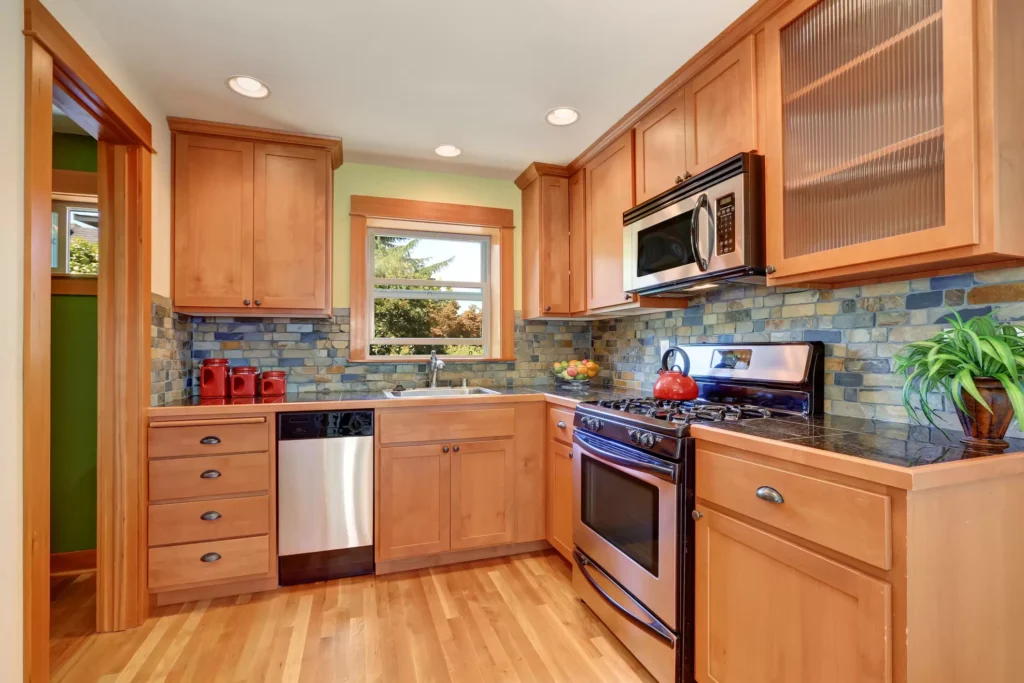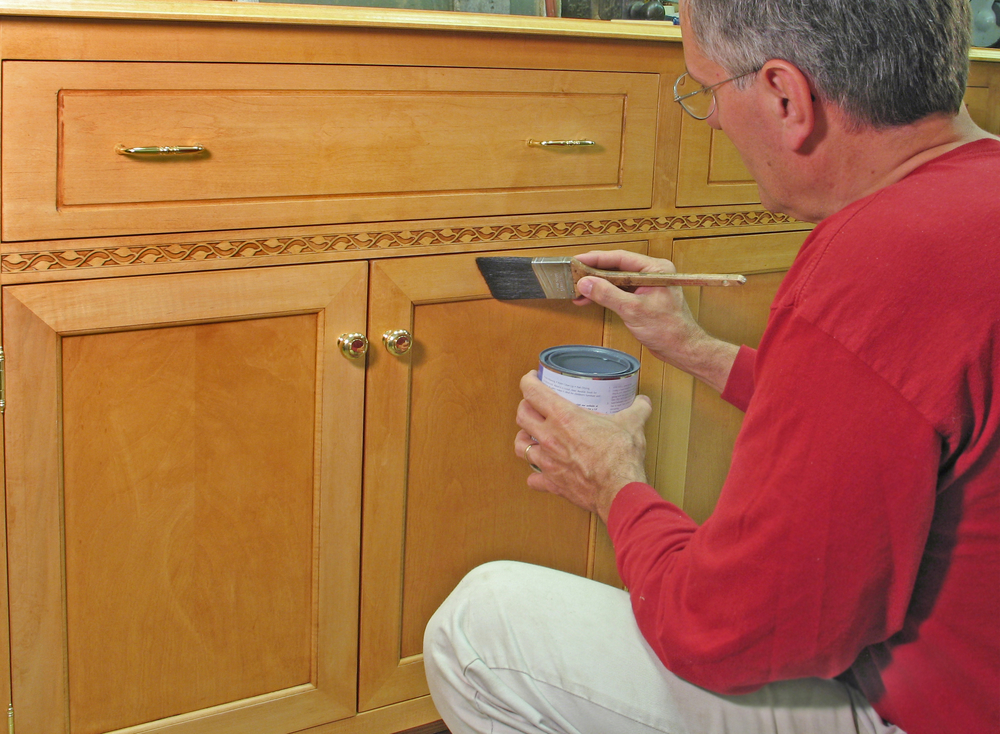Quartz and granite countertops are two of the most popular materials for countertop surfaces because they are hard-wearing and classic in appearance. Though both look alike, quartz is man-made and granite is a natural stone, bringing the difference in heat resistance, maintenance, and durability into perspective. In this guide, we will discuss these differences to enable you to determine which of the two options fits your home and lifestyle.
Composition: Granite vs. Quartz
Granite Granite is an igneous rock with a composition of quartz and feldspar and is completely natural. Its look is unique as it is a natural crystalline product with visible grains originating from minerals. The color of granite may be red, pink, grey, or white; the darker grains are minerals that make the granite attractive.
Quartz Quartz countertops are not genuine but rather manufactured. They are made of 97% silicone di-oxide quartz and 3% resins and polymers. This enables a large variety of colors, patterns textures, and options such as glass or reflective material added to make the floor sparkle. While quartz is made from natural quartz, there is the flexibility of having it manufactured and therefore the design is going to be consistent and it is going to be durable.
Key Differences in Appearance
Quartz countertops are less uneven in appearance than granite because Quartz countertops are engineered. They come in all the standard sizes a variety of colors and unique patterns. As compared to stone, quartz has better design flexibility since it maintains the appearance of natural stone but comes with an easier selection process.
Granite countertops, however, are distinguished for the fact that they are all unique in that you cannot find two slabs that are similar in appearance. Each slab has different patterns and colors of minerals in very slight measure thus making them unique. The natural granite stone has a natural vein that is unique and cannot be emulated by quartz.
Durability and Considerations for Quartz and Granite Countertops
Quartz is known for its durability, scratch, heat, stain, and general wear and tear resistance and so is granite.
Granite is a very strong material, it is heat resistant and capable of handling most of what a kitchen can bring. However, its characteristic of being a porous material leads to the formation of stains when one is exposed to spilled liquids for a long time. In the same respect, granite is vulnerable to impact blows and thus special attention should be taken to avoid such incidences.
Quartz is even harder than granite, which means it is less likely to scratch or otherwise damage. It does not have a smooth surface to absorb liquids and thus it is easy to maintain the countertop from being a harbor for bacteria. However, quartz is heat sensitive therefore when placing hot items on the surface one has to use heating pads or trivets.
Environmental Impact: Quartz vs. Granite
Quartz Since quartz is an artificial product, it may be more friendly to the environment when it is produced and sold in the local market. This goes a long way in cutting down the carbon trace that would have been left behind by transporting the material.
Granite involves quarrying and this is costlier when having to transport premium slabs from other parts of the world such as Italy. For a successful reduction of environmental impact, it is recommended to use indigenous stone. The levels of radiation emitted from granite countertops are not enough to raise people’s annual radiation exposure above normal levels.
Heat Resistance: Granite vs. Quartz
No heat from a hob will be a problem for either granite or quartz. However, place the trivet or heat mat always to prevent the surface from direct exposure to hot pans or trays. It is improbable that granite is going to be marked by heat but this is true for the sealant. In the case of quartz, the resin may be potentially heat damaged if the material is exposed to heat. This way any problems are prevented and placing a trivet or heat mat underneath is useful.
Maintenance
Granite is a porous material that requires re-sealing at least once a year to avoid ugly stains. Accidents such as oil and wine should be wiped with a granite cleaner as soon as they occur. For stains, you should use hydrogen peroxide and baking soda mixture. Sealing is crucial since the granite surface tends to hold bacteria especially if not sealed well.
Maintain the surface’s appearance using Miracle Sealants 511 Impregnator Penetrating Sealer.
Quartz is also not porous and does not have to be sealed like some other types of stone. This one is bacteriophobic and antimicrobial, but certain types of UV plastics may lose their color. Wash in warm water using a dish-soap-and-water solution or any cleaner that is recommended by the manufacturer.
How to Clean Quartz and Granite Countertops
Warm, soapy water is the safest and most effective means of cleaning Quartz and granite countertops. Do not use scouring powders or any expensive chemicals like chlorine and other alkaline products since they will harm the surface.
Installation Considerations
Quartz and slab granite are not ideal for homeowners to install on their own. Granite is very heavy as even the 36-inch countertop contains about 100 pounds of the material. Also, materials such as steel and aluminum can be cut and drilled easily, but it is not easy to work with them. The best thing is that you should hire a specialist to work on your countertop fabrication and its installation.
Cost Comparison: Quartz Countertops, Granites Countertops
Quartz countertop installation cost varies widely from $50 up to $75 for every square foot and can go up to $200 for premium quartz slabs. Installation costs increase the total cost by $10 to $30 per square of floor space. Standard quartz countertops are more affordable than before because the material is available in the market; however, special designer styles and colors are costly.
Granite countertops range between $40 and $100 per square foot of the countertop installed. Variations in pricing include style and the specific edging treatments that are incorporated into the hair.
For both, further fabrication costs, including drainer grooves, inset sinks, and upstands, are necessary to add.
Final Thoughts: Quartz vs. Granite
On the surface, it appears quartz has the advantage. It is also easy to maintain, has a long life span, is very friendly to the environment, and can be designed to meet the client’s needs fully. However, it may cost a lot depending on the style or features added to the room. Granite is also liked by many because of its natural character as well as its timeless characteristics.
If there is no need for a particular, look of the natural stone, quartz is a good, easy option.


